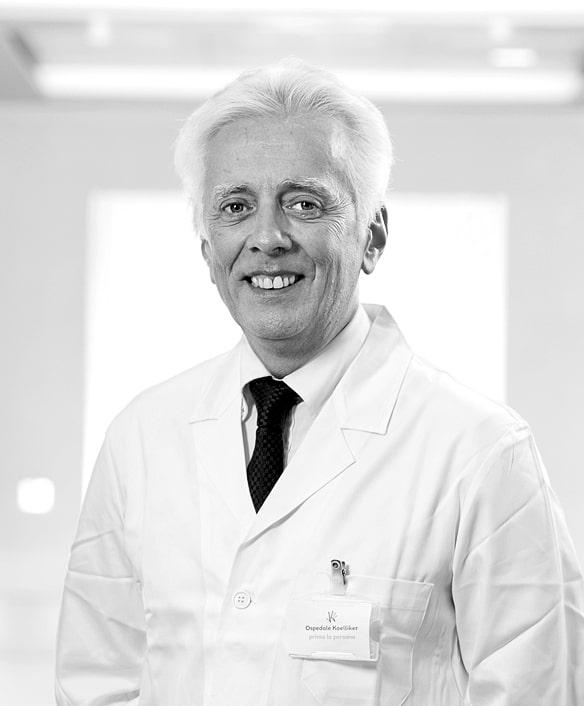Medical doctors and Surgeons
Oral and maxillofacial surgery, rediscover your visage
«Some time ago, post-operative recovery was fairly cumbersome. Today, thanks to the latest surgical techniques, patients can usually expect to be discharged in 24 or 36 hours save for unique complications»
Dr. Ettore Madaro, medical doctor specialist in maxillofacial surgery and head of the oral and maxillofacial surgery of koelliker, turin
Oral and maxillofacial surgery is one of the most important specialty of surgery. It diagnoses and treats either aesthetic and functional issues regarding the face. Medical doctor Ettore Madaro, head of the Oral and Maxillofacial Surgery wing of the Koelliker hospital in Turin, explains what issues it deals with and tells what patients need to understand before undertaking this kind of surgery.
What is the use of oral and maxillofacial surgery?

Oral and maxillofacial surgery deals with one of the fundamental parts of humans: the face. It is the face that gives them their expression, it is the face that makes people understand others’ character and thoughts. It is for this very reason that surgeries that alter the face need to be performed by a highly skilled surgeon. Dr. Madaro is such a surgeon: he treats aesthetic problems, but he also deals with serious functional defects such as upper jaw atrophy.
«Upper jaw atrophy is a very frequent pathology as of today» the surgeon tells. «For these occurrences, zygomatic and pterygoid surgery [ed: regarding the muscles used for chewing] are essential, since they allow a quick resolution of a patient’s either functional or aesthetic problem.» Upper jaw atrophy is increasingly more common, as it is directly related to smoking and serious injuries due to accidents. The pathology causes invalidating defects, and they need to be healed as soon as possible to preserve the patient’s physical and mental well-being.
«Some time ago, post-operative recovery was fairly cumbersome. Today, thanks to the latest surgical techniques, patients can usually expect to be discharged in 24 or 36 hours, save for unique complications» Madaro reassures. Recovery time after a maxillofacial surgery is quite short, too. After being discharged from the hospital, post-operative edema usually disappears in 7 or 10 days.
The importance of a multi-disciplinary approach
«Zygomatic surgery has a steep learning curve» Madaro reveals. To perform such an operation, a doctor needs to go through an intensive training period comprising extensive practical formation. It is a surgery so tricky that to even start considering it, a doctor requires great precision and extensive experience. «It is a delicate surgical operation, since we are near noble structures such as the orbits, the eyes, the infraorbitary nerve» the surgeon recounts.
However, a steady hand will not be enough to fully satisfy a patient. They have to be guided throughout the entire process by constant psychological support. «Psychological impact of loss of function and aesthetics due to missing teeth has been underestimated until now» says Madaro. In absence of psychological support, it is easy for the patients to feel distress when looking at themselves in the mirror. «New clinical courses, both inside the Koelliker and in other structures, are rethinking the role of the psychologist. We need their aid to help patients overcome the treatment period, namely the period where they lack both function and aesthetics».
Madaro’s closing remarks continue along these lines. According to the surgeon, every surgical operation requires a team of specialists capable of offering the patients constant support throughout the whole process. «I am lucky enough to work in a hospital that allows me to have a strict relationship with many professionals, each one of us interacting in order to offer the best therapeutic treatment for every single patient» concludes Madaro.




































